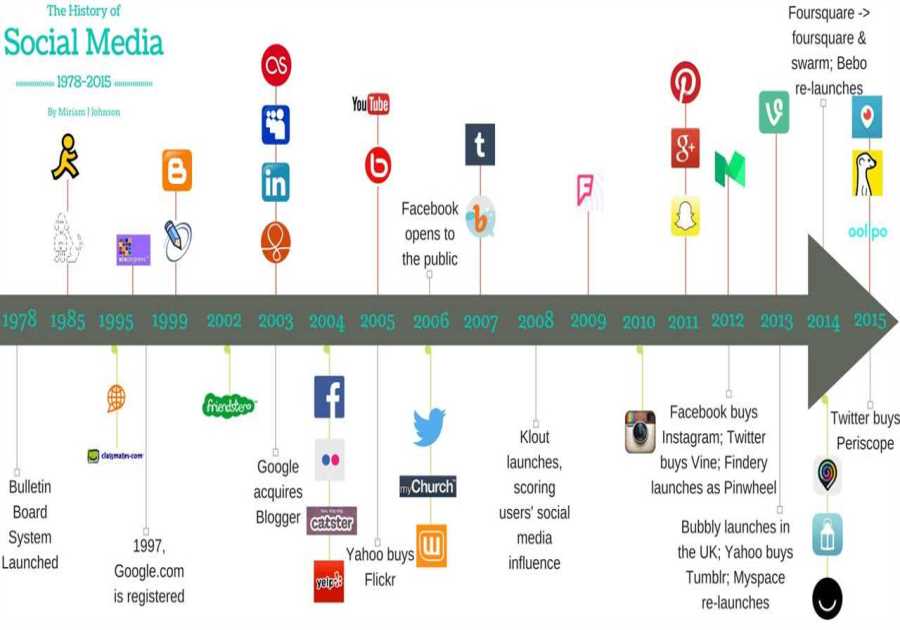
Wage discrimination occurs when employees performing substantially similar work are paid differently based on characteristics unrelated to their job performance, such as gender, race, ethnicity, age, or disability. This issue is not only a matter of fairness but also a violation of key employment laws designed to protect workers from unjust treatment. Despite progress in workplace equality, wage gaps persist across industries, with marginalized groups often bearing the brunt of disparities.
Why Wage Equality Is Important
Equal pay isn’t merely a moral issue; it has tangible economic and social implications. When workers are paid fairly for their labor, they have greater financial stability, which in turn benefits families and communities. Wage equality also boosts morale, productivity, and retention rates within organizations. By closing pay gaps, businesses can foster inclusive workplaces that attract top talent and reduce legal risks associated with discriminatory practices.
Legal Foundations Protecting Equal Pay
Modern labor laws provide a framework to combat wage discrimination. They outline employee rights and employer responsibilities, empowering workers to demand fair compensation and take legal action when necessary.
The Equal Pay Act (EPA)
Enacted in 1963, the EPA requires employers to pay men and women equally for performing substantially similar jobs under similar conditions. It prohibits wage differentials based solely on sex and allows employees to seek remedies if violations occur. While the EPA laid critical groundwork, it is often used in conjunction with other anti-discrimination laws to address broader inequities.
Title VII of the Civil Rights Act
Title VII prohibits discrimination in employment—including pay—based on race, color, religion, sex, and national origin. Unlike the EPA, it covers all aspects of compensation, including benefits, bonuses, and job assignments. Victims of wage discrimination can file complaints with the Equal Employment Opportunity Commission (EEOC), which investigates and may pursue claims on their behalf.
State-Level Laws and Additional Protections
Many states have enacted their own equal pay or wage transparency statutes to expand upon federal protections. These laws often provide stronger remedies, shorter timelines for employer compliance, and more detailed reporting requirements. For workers, understanding both federal and state provisions can be crucial to determining the best legal path forward.
Recognizing Signs of Wage Discrimination
Employees may not always realize they are victims of wage discrimination. Recognizing the signs can be the first step toward seeking justice.
Pay Discrepancies Among Similar Roles
A clear red flag is when employees performing the same duties receive different paychecks. This can be identified through informal discussions with colleagues, published salary bands, or publicly available data such as government wage reports.
Unequal Access to Bonuses or Benefits
Sometimes discrimination manifests not in base salary but in bonuses, overtime pay, stock options, or benefits like health insurance. These disparities can also form the basis of legal claims if they are tied to protected characteristics.
Retaliation After Raising Concerns
Employees who question pay discrepancies may face retaliation, such as negative performance reviews, demotions, or termination. Retaliation itself is illegal under employment laws and may strengthen a worker’s legal claim.
Taking Action: Legal Remedies and Processes
When wage discrimination is suspected, there are clear steps employees can take to protect their rights.
Documenting Evidence
Workers should begin by documenting their pay, job duties, performance reviews, and any communications that may show discriminatory intent. Having a detailed record can be critical to substantiating a legal claim.
Filing a Complaint with the EEOC
Most federal discrimination claims require filing a charge with the EEOC before pursuing a lawsuit. The agency will investigate and may facilitate mediation or issue a “right to sue” letter, allowing the employee to proceed in court.
Pursuing a Private Lawsuit
Victims may also file lawsuits directly under applicable state laws or after receiving EEOC clearance. Remedies can include back pay, front pay, liquidated damages, attorney’s fees, and policy changes within the offending organization.
The Role of Employment Lawyers in Equal Pay Cases
Legal representation can make a critical difference in navigating wage discrimination claims. Employment attorneys understand the complex interplay of federal and state statutes, as well as the procedural requirements that can affect the success of a case.
Evaluating the Case
An experienced lawyer can assess whether pay differences are legally actionable and identify the most appropriate legal theories under which to proceed. They may also analyze statistical data to demonstrate systemic discrimination within an organization.
Negotiating Settlements
In many cases, attorneys can negotiate favorable settlements without going to trial. This may involve securing back pay, adjustments to compensation, or policy reforms. Negotiations conducted by professionals can help workers achieve justice while maintaining their reputations and careers.
Litigating in Court
If settlement isn’t possible, an attorney will represent the employee in court. This includes drafting pleadings, presenting evidence, examining witnesses, and making persuasive legal arguments. Skilled advocacy can significantly increase the likelihood of a favorable outcome.
Preventing Wage Discrimination Before It Happens
Employers also have a responsibility to proactively prevent wage discrimination. By implementing transparent pay practices and regularly auditing compensation data, organizations can ensure compliance and avoid costly litigation.
Pay Transparency and Audits
More companies are embracing pay transparency to close wage gaps. This involves publishing salary ranges, conducting annual compensation audits, and correcting disparities promptly.
nti-Discrimination TrainingRegular training for managers and HR personnel on equal pay laws and unconscious bias can reduce the risk of discriminatory practices. Clear policies and reporting mechanisms should be in place to address employee concerns without fear of retaliation.
Promoting Diversity in Leadership
Building diverse leadership teams can help ensure equitable decision-making in hiring, promotions, and compensation. Diverse leadership also signals to employees and stakeholders that the organization values fairness and inclusivity.
Empowering Workers Through Knowledge and Advocacy
Employees who understand their rights are better equipped to fight wage discrimination. Workers can leverage professional networks, advocacy groups, and legal counsel to hold employers accountable. Public awareness campaigns and legislative reforms also play a role in driving systemic change.
Collective Action and Unions
Joining or forming unions can provide employees with greater bargaining power to negotiate fair wages and benefits. Unions often track pay practices and advocate for members facing discrimination.
Legislative Reforms
Advocates continue to push for stronger laws, such as enhanced pay transparency requirements and expanded remedies for victims. Staying informed about these changes helps workers and employers adapt to evolving legal standards.
Partnering with Experienced Legal Professionals
Because wage discrimination cases can be complex, partnering with a knowledgeable legal team can provide invaluable guidance. Firms that specialize in employment law offer insight into the best strategies for pursuing justice and ensuring that workers receive the compensation they deserve. For example, DGP Firm has extensive experience in employment-related matters and can advise clients on their rights under state and federal laws.
Conclusion
Equal pay matters because it upholds both fairness and the rule of law. Wage discrimination undermines the dignity of workers, the integrity of organizations, and the health of the economy. By understanding legal protections, recognizing the signs of discrimination, and seeking help from experienced employment lawyers, workers can fight back against unfair pay practices. At the same time, proactive employers who embrace pay equity can strengthen their reputations, attract top talent, and reduce legal risks. Combating wage discrimination is not just a legal necessity—it is a moral imperative that benefits everyone.
The post Equal Pay Matters: Fighting Wage Discrimination Through the Law appeared first on Social Media Explorer.






